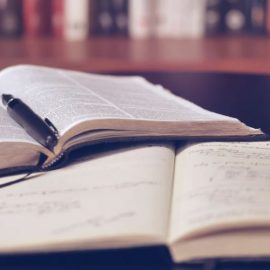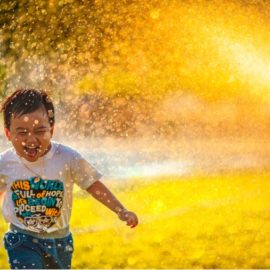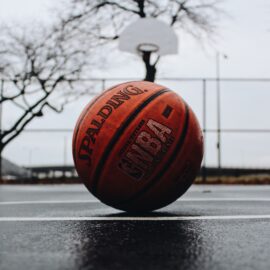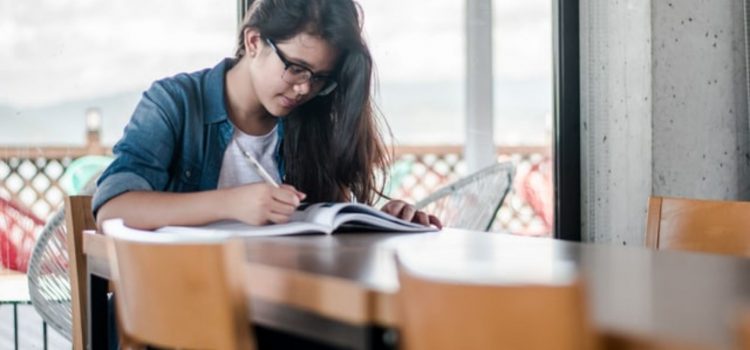
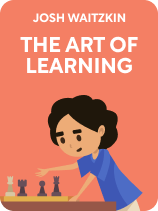
This article is an excerpt from the Shortform book guide to "The Art of Learning" by Josh Waitzkin. Shortform has the world's best summaries and analyses of books you should be reading.
Like this article? Sign up for a free trial here .
What is your preferred way of learning? Why is it important to learn according to your natural, personal learning style?
Your personal style is how you instinctively approach learning. When you learn in a way that aligns with your personal learning style, learning comes much easier and you encode the material much faster.
Keep reading to learn how to find your personal learning style, which stems from your unique relationship to your skill.
Find Your Personal Style
According to Waitzkin, you must honor your personal learning style if you want to become truly great. Honoring your personal style means developing your skill according to what most inspires you, so that you come to embody that skill as only you can.
Consider nearly any top performer: jazz trumpeter Louis Armstrong; Brazilian footballer Pelé; Olympians like Simone Biles and Serena Williams. Each is known for their characteristic style, demonstrating Waitzkin’s point—that imitators don’t rise to the top. Be true to yourself and you’ll go much further.
(Shortform note: Personal style is on full display in Olympic ice skating, where athletes compete in customized outfits, with personally selected music, using choreography tailored to their strengths and creative inclinations. In fact, judges score ice skaters on two metrics that parallel Waitzkin’s technique-creativity dichotomy: their technical execution, and their artistry.)
If you fail to honor your personal style, you risk losing your balance. You can dampen your passion by learning your skill in a way that contradicts your natural feel for it. Waitzkin explains how one teacher had him study a slow, constrictive chess style that opposed his inclination toward aggressive, free-form play. This threw him off-balance, because the style didn’t come naturally to him, and he lost touch with his passion for chess.
(Shortform note: Waitzkin also says your mind state must be unblocked to express your creativity through the skill. If you feel fear, doubt, or anxiety about finding your personal style, you may need to process that before it emerges. Often, you can’t know where life is leading you, and the key is to experiment, try what feels right, and gradually develop your passion. A fire starts as a spark, and only grows into a blaze with patience.)
Balance Technique and Creativity
While developing your personal style is crucial, Waitzkin stresses the importance of balancing your creative impulses with a strong technical foundation. Start by studying the basic elements and principles of your skill, then follow what most inspires you.
In other words, allow your intuition to guide what you learn. Say you’re learning Mandarin, and you’ve built a solid foundation of vocabulary and grammar. Now study what you’re drawn to, whether it’s restaurant conversation, business culture, classic literature, or whatever else.
(Shortform note: In Fluent Forever, Gabriel Wyner applies this process to learning a language. In Wyner’s view, the best way to learn a language is to first train in pronunciation, then establish a basic vocabulary. With those fundamentals built, he recommends studying what interests you, because it’ll naturally hold your attention and encourage you onward. In contrast, studying subjects or techniques you aren’t attracted to leads only to boredom and disinterest.)
Waitzkin says that as you follow what attracts you, your creative style will naturally develop. In terms of chunks, he describes this as a layered, interwoven network of skills that expands outward from a central heartbeat—your passion for the skill.
If you’re an aspiring rock guitarist, for example, you’ll want to study your favorite songs, riffs, and solos. As you explore and learn what you love, you’ll end up with a repertoire of guitar skills that’s all your own.
(Shortform note: While Waitzkin argues that your personal style is beneficial no matter what, research indicates that some personality traits correspond to athletic success better than others. The study followed 300 Polish athletes and measured their personalities in terms of the Big Five psychological model (Openness, Conscientiousness, Extraversion, Agreeableness, and Neuroticism). They found that champion-level competitors had lower levels of neuroticism, with higher extraversion and openness. If this effect holds true, then it could be that some personality types are better suited to competitive success than others.)

———End of Preview———
Like what you just read? Read the rest of the world's best book summary and analysis of Josh Waitzkin's "The Art of Learning" at Shortform .
Here's what you'll find in our full The Art of Learning summary :
- Life advice from chess prodigy and tai chi World Champion Josh Waitzkin
- Detailed looks at the psychological and technical sides of skill-building
- How to build any skill from the bottom-up

